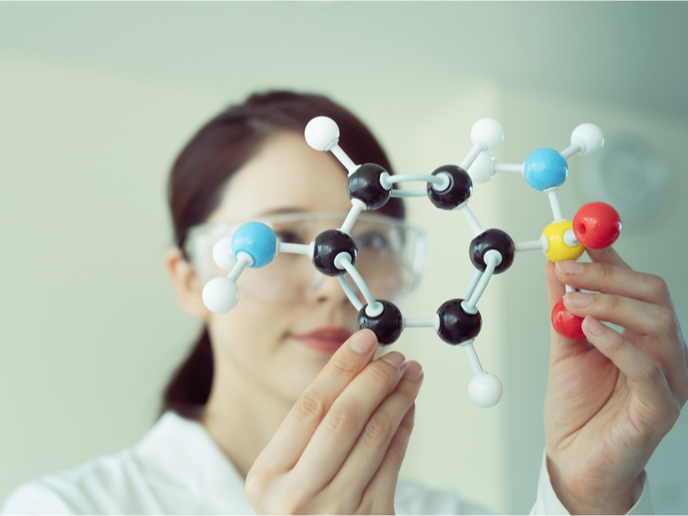Point-of-care device shows promise for detecting breast cancer earlier
Point-of-care liquid biopsy assays could greatly improve traditional diagnostic methods, with rapid diagnostic results (in minutes to hours) during a single visit, greatly increasing the likely success of treatments. But low biomarker concentrations can impair cancer detection, while poor specificity can impede the distinction between tumour material and non-cancerous anomalies. Moreover, a lack of standardised protocols and validation procedures leads to variability in methods and results, with interpretation also reliant on multidisciplinary expertise. The EU-funded SERENA project has developed a diagnostic platform that shows promise for monitoring triple-negative breast cancer(opens in new window) (TNBC) biomarkers, by detecting small and long RNA sequences within minutes with high sensitivity and specificity. “Our device’s speed, portability and user-friendliness, makes it well-suited to point-of-care applications, enabling on-site diagnosis and immediate decision-making by healthcare professionals. While its near-field communication(opens in new window) module allows real-time biomarker monitoring for personalised treatments,” notes SERENA coordinator Arben Merkoçi.
Monitoring triple-negative breast cancer biomarkers
SERENA specifically targeted TNBC, a particularly aggressive form of cancer, and harder to treat as it lacks the three most common receptors found in other types. Given a TNBC patient’s increased risk of death within five years of diagnosis, early detection is crucial. “By providing women with a cost-effective, non-invasive early detection tool, we aim to improve survival rates, bridging the medicine gender gap,” explains Marianna Rossetti, Marie Skłodowska-Curie(opens in new window) fellow and lead researcher. SERENA’s platform monitors several TNBC non-coding RNA biomarkers: microRNAs (miRNAs) comprising around 20-25 nucleotides and longer non-coding RNAs (lncRNAs), typically having over 200 nucleotides. RNA molecules are now considered important regulators of various biological processes, including cancer, with miRNAs and lncRNAs as promising cancer biomarkers due to their dysregulated patterns of expression in tumour cells. Recent studies(opens in new window) also highlight their influence on the tumour-forming process. “These molecules can be detected in blood, serum, plasma, urine and saliva, ideal for non-invasive liquid biopsy-based cancer diagnosis and monitoring,” adds Merkoçi.
Combining cutting-edge DNA and nanotechnology techniques
SERENA harnessed the unique properties of graphene-nanoparticle hybrid composites to create miniaturised screen-printed electrodes (SPEs), assembled on an electrochemical device for point-of-care use. Infrared laser technology produced reduced graphene oxide electrodes to enhance biosensing sensitivity and selectivity; covered with gold nanoparticles for better electrochemical performance. This arrangement was then fitted to flexible supports. DNA probes – designed to perfectly match parts of the target miRNAs or lncRNAs, like a puzzle piece – were attached to the graphene-nanoparticle hybrid composites. When target molecules are present, they bind to the complementary probes, forming hybrids, which changes the electrical signal – signifying the presence of the target molecules. Sensitivity, selectivity and reproducibility tests assessed the electrodes’ electrochemical response in the presence of target nucleic acids and to establish detection limits, while optimising experimental parameters such as hybridisation time periods and temperature. The team also evaluated the platform’s specificity by testing its response to non-target nucleic acids or potentially interfering substances commonly found in biological samples.
Universal access to high-quality healthcare
Breast cancer is the EU’s most diagnosed cancer, with almost 380 000 cases(opens in new window) reported in 2022, highlighting the urgent need for innovative approaches such as SERENA’s. SERENA’s portable device also supports the EU’s ambitions of ensuring universal access to high-quality healthcare, reducing health inequalities(opens in new window). To prepare the device for practical applications, large-scale validation studies will first have to be conducted in clinical settings and across diverse patient populations. Meanwhile, under the EU-funded 2D-BioPAD project, Rossetti is now helping to develop a ‘Supple Graphene Bio-Platform for point-of-care early detection and monitoring of Alzheimer’s Disease’.







